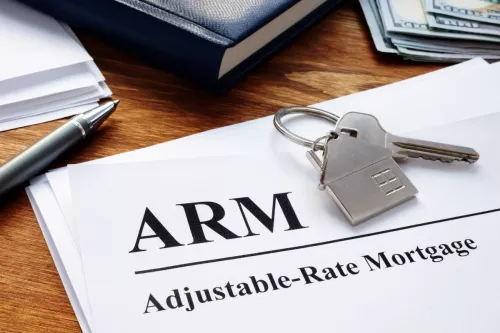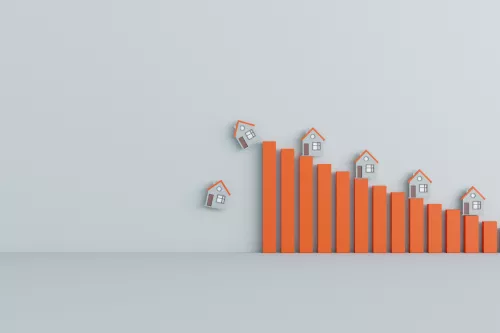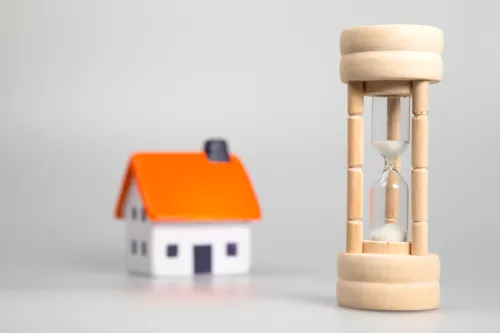Let me tell you something about finishing a basement: it might be a high cost investment in the beginning (depending on your plans), but it is a transformative project for any homeowner, not only adding valuable living space but also potentially increasing the value of the property.
However, the cost can vary widely based on a range of factors, such as the primary elements influencing the expense of this undertaking, including the dimensions and style of the basement, labor and permit costs, the extent of the project, the caliber of materials utilized, and the geographical position of the property.
It's hard to pinpoint the exact value, but we'll explore the various aspects that influence the cost of finishing a basement, delve into cost breakdowns, and way more. Keep reading!
What Is a Finished Basement?
Before diving into the costs, let’s define what a finished basement entails. A basement is considered finished when the entire space is fully completed and resembles the upper living areas of the house. This typically involves having a functional electrical system, heating, completed flooring, an accessible entry or staircase, even ceilings, and walls that have been fully finished.
A finished basement is a below-ground space that has been converted into a functional area, and equipped with the necessary utilities to make the space livable and comfortable.
What is the Cost to Finish a Basement?
On average, the cost for finishing a basement stands at $18,400, based on our research. Nevertheless, this figure can fluctuate significantly based on factors like your location, the size of the basement, labor expenses, and the scope of the renovation. Costs can start as low as around $3,000 for more basic projects, but for more extensive renovations, they can reach up to nearly $35,000.
Is it Cheaper to Finish a Basement Myself?
DIY basement finishing can be more cost-effective, potentially saving you 50% or more on labor costs. If you possess the required expertise and tools, and are prepared to dedicate the necessary time and effort, you can substantially reduce costs by undertaking the basement finishing project by yourself.
However, if you don't have a lot of time to spare, and are not confident with your skill and knowledge of building codes and regulations, you should strongly consider hiring an expert for such a project.
Basement Finishing Cost Breakdown
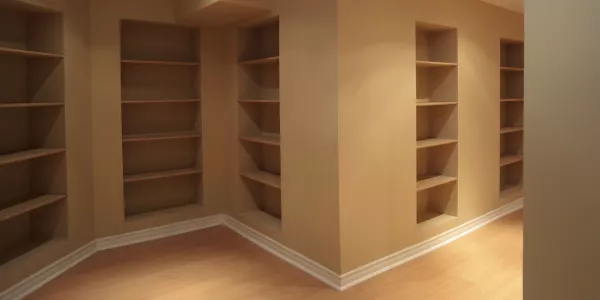
Ok, now that we have an average of the costs, let’s analyze the main costs:
Permitting
You'll need a building permit, plus electrical and plumbing permits, depending on your project's scope. Costs vary by location. For example, it will cost you around $0.15 per square foot in New York State.
Waterproofing
Essential for protecting your investment, waterproofing costs around $4,500. Additional drainage repair, if needed due to existing water damage, can add about $2,850.
Plumbing
Updating plumbing to code and adding features like a bathroom can range from $8,000 to $15,000. If a sump pump is necessary, expect to pay under $600, with backup power as an additional consideration.
Electrical
Hiring a licensed electrician is often mandatory, averaging $1,325 for a basement, with each outlet costing between $75 and $500.
Materials
Major costs include concrete, lumber, insulation, flooring, and drywall, with framing averaging $1,795. For flooring, vinyl plank is a practical choice, costing $2 to $7 per square foot. Drywall is more affordable, around $0.15 to $0.65 per square foot, or approximately $10 per panel.
Labor
Labor costs usually account for a significant portion of the budget, typically around 50-60% of the total cost.
Furniture and Decor
Furniture and decorations are part of the remodeling aspect, and the costs can vary widely based on your basement's intended use. These can range from $45,000 for a complete kitchen setup to $450 for items like a ping-pong table. It's important to allocate funds in your budget for furnishing and decorating to ensure your newly finished space is fully utilized and not left barren.
Basement Type
The type of basement you have impacts the cost. A full basement, covering the entire area of your home’s main floor, generally costs more to finish due to its larger size and greater material needs. In contrast, a partial basement, smaller in size, tends to be less expensive.
Walkout basements, with their own entrance and often additional windows and doors, are like an extra underground level and can be more costly due to their complexity and size.
Which work do I need to do in my basement?
The work you will need to do in your basement varies based on the level of renovation required and any previous work done, which may reduce expenses.
Finishing
This involves transforming a non-livable space, typically with no insulation, heating, air conditioning, and exposed utilities, into a habitable area. A fully finished basement is comparable to your living room, ready for furniture and regular use.
Remodeling
This process updates an already finished basement, possibly involving structural changes, layout reorganization, or complete gutting. While the space may not be starting from scratch, remodeling can sometimes be more costly.
Renovating
In a partially finished basement, you might have some basic amenities like a bathroom or simple flooring. Renovations often involve aesthetic updates such as new flooring and paint to make the space more comfortable for specific uses like a home gym or laundry room.
How to minimize the expenses of finishing a basement?
To minimize the expenses of finishing a basement, consider these cost-saving strategies: Adopt an open floor plan to reduce framing, drywall, and insulation expenses. Opt for midrange or lower-cost materials, including floor models, to save on material costs.
Prioritize a balance between affordability and durability, as low-quality materials may require more frequent repairs or replacements. If feasible, manage the project yourself instead of hiring a general contractor. Keep pipes, wiring, and ducts exposed to avoid the costs of a drop ceiling. Utilize existing plumbing and electrical lines to avoid the high costs of rerouting.
Only finish the areas you need and keep some parts, like storage areas, partially unfinished. Finally, initially focus on just completing the space and postpone additional remodeling expenses, such as furnishings, for later.
Hiring Professionals for Basement Finishing
When hiring subcontractors for basement finishing or refinishing, consider the following:
Licensure
Ensure that plumbers, electricians, and HVAC contractors have up-to-date licenses as required by your state.
Bonding and Insurance
All contractors should be bonded and insured to safeguard against damage or injury.
Research
Investigate potential contractors on respectable websites for best ratings, accreditation, history, and customer complaint resolution.
References and Reviews
Request customer references and check reviews on sites like Trustpilot and Google Reviews.
Quotes
Obtain itemized estimates from at least three local contractors to compare costs and understand where your money is going.
Project Timeline
Understand the timeline for the project, including payment schedules.
People also ask
Do I need a permit to finish my basement?
Yes, most places require permits for basement finishing projects. Most home renovation activities involving plumbing, electrical work, or converting a basement into a habitable area mandate a permit.
A licensed contractor can guide the homeowner on the need for a permit for their basement project and can handle obtaining the required documentation for them.
How long does it take to finish a basement?
Finishing a basement typically spans three to eight weeks, although the duration can vary, sometimes taking as little as two weeks or extending beyond 12 weeks. This variation largely depends on the contractor's efficiency and availability.
Does a finished basement add value to my home?
Yes, a finished basement can add significant value to your home. It increases the usable living space, which is a desirable feature for potential buyers.
This additional space can be used for various purposes like a home office, extra bedroom, entertainment area, or gym, making your home more appealing and functional. The exact amount of value added depends on factors like the quality of the finish, the overall market conditions, and how the finished basement compares to other homes in your area.
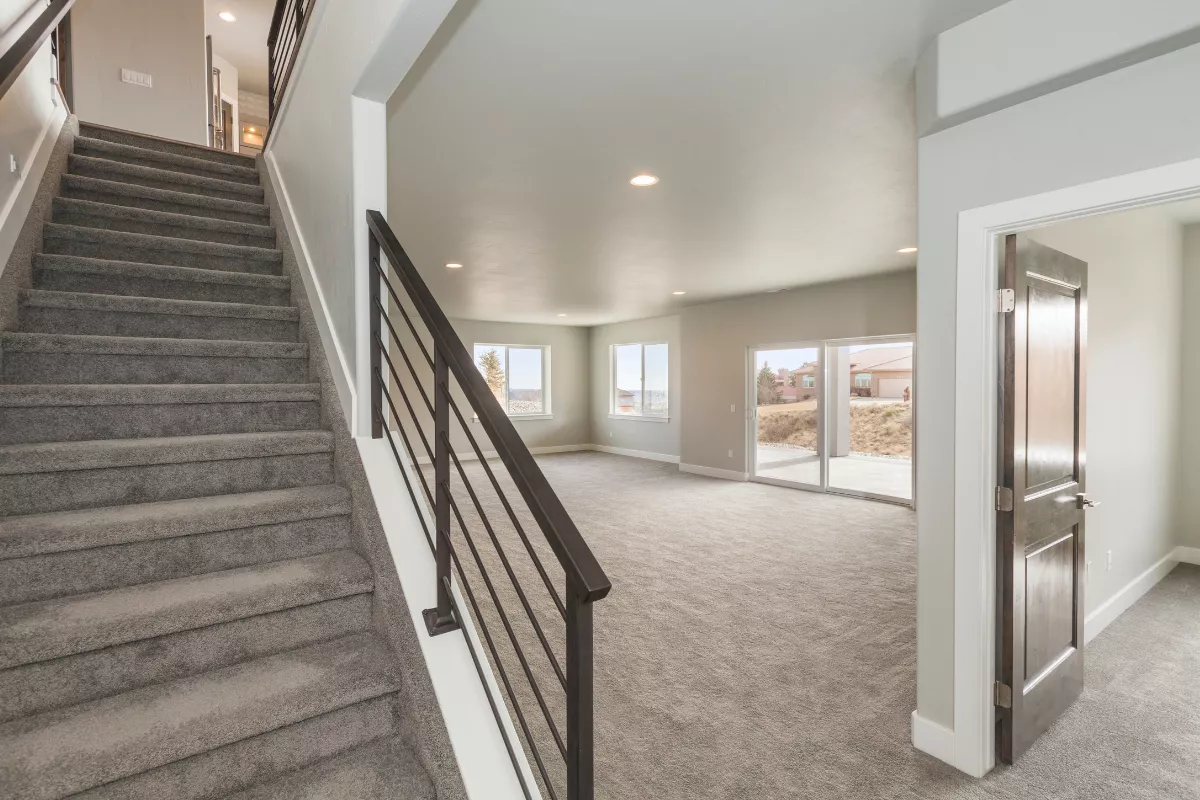
 Marcio Vasconcelos
Marcio Vasconcelos
